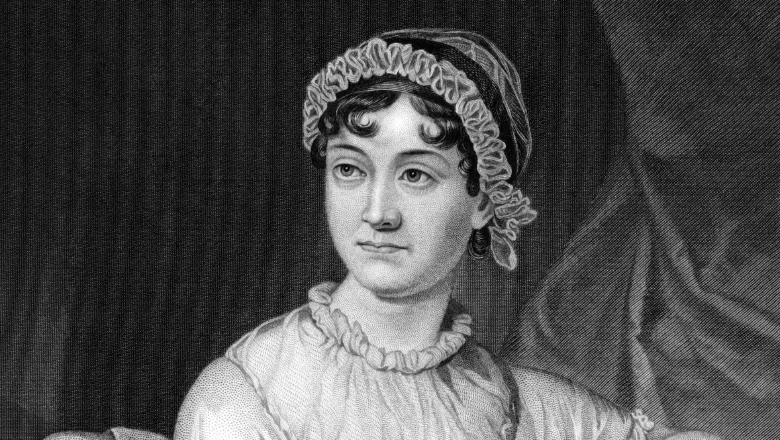
Dr Erik Ketzan
Lecturer in Digital Humanities and Cultural Computation
Contact details
Biography
Erik publishes and teaches on digital humanities, computational linguistic approaches to literary and historical texts, as well as legal and ethical issues in data acquisition and research infrastructures.
Thomas Pynchon and the Digital Humanities: Computational Approaches to Style (Bloomsbury 2022) is a computational stylistic examination of this influential postmodern novelist's oeuvre. 'A landmark contribution to Pynchon Studies.' — Prof. Luc Herman, University of Antwerp, Co-Editor of The Cambridge Companion to Thomas Pynchon. The book is available open access.
Other recent work includes a Python suite for the quick and easy comparison of digital textual variants (Ketzan and Schoech 2021); an evaluation of language identification tools at n-gram level in literary texts (Ketzan and Werner 2022); stylometric investigations of literary language in Stephen King’s novels (van Cranenburgh and Ketzan 2021; Ketzan and Eve 2024); and a computational analysis of gender bias in a 19th-century 'women's encyclopedia' written for female audiences (Ketzan et al. 2022).
Erik completed a PhD in English/Digital Humanities at Birkbeck, University of London, then worked as a Postdoctoral Researcher at University of Cologne, Institut für Digital Humanities on the project EncycNet: A Historical Encyclopedia Knowledge Graph. Erik was then Postdoctoral Research and Teaching Fellow at Trinity College Dublin as well as Coordinator (deputy director) of Trinity’s masters degree in Digital Humanities and Culture. Prior to his PhD, Erik worked as an academic researcher in the Computational Linguistics and Research Infrastructure departments of the Leibniz Institute for the German Language, and CLARIN, focusing on legal and ethical issues in research data.
Erik has published and lectured extensively on copyright and personal data protection in digital research. 'Digital Humanities Research Under United States and European Copyright Laws: Evolving Frameworks', provides a general overview (Ketzan and Kamocki 2021). Erik has worked as a Consulting Researcher on licensing issues for the successor project to The Oxford Text Archive at the Faculty of Linguistics, Philology and Phonetics, University of Oxford, and represented digital humanities organisations in government consultations.
Research interests and PhD supervision
- Computational literary studies
- Legal issues in research data
- Corpus stylistics
Teaching
Erik teaches a range of digital humanities areas, including computational humanities, computational literary studies, Python for the humanities, as well as given numerous guest lectures in legal issues in DH.
Erik is currently supervising two PhD students in digital humanities, and is open to inquiries related to his areas of research.
Selected publications
- Erik Ketzan and Martin Eve, ‘The Anxiety of Prestige in Stephen King’s Stylistics’, Journal of Computational Literary Studies 3:1 (2024).
- Erik Ketzan, Jennifer Edmond, and Carl Vogel, ‘Need a Good Book about Privacy? Evaluating Dictionary-Based Corpus Query for Detecting the Topic of Privacy in Literary Texts’, Journal of Computational Literary Studies 2:1 (2023).
- Erik Ketzan, Thomas Pynchon and the Digital Humanities: Computational Approaches to Style (Bloomsbury, 2022).
- Erik Ketzan and Christof Schöch, ‘Classifying and Contextualizing Edits in Variants with Coleto: Three Versions of Andy Weir’s The Martian’, Digital Humanities Quarterly 15:4 (2021).
- Erik Ketzan and Pawel Kamocki, ‘Digital Humanities Research Under United States and European Copyright Laws: Evolving Frameworks’, in Access and Control in Digital Humanities (Routledge, 2021). Post-print.
Research

Computational Humanities Research Group
Computational Humanities research group
News
Series of events celebrates 250 years of Jane Austen
King’s Faculty of Arts & Humanities is hosting a series of events to celebrate 250 years since the birth of Jane Austen on 16 December 1775, featuring...

Events

Public Lecture: The Past and Future of Computational Jane Austen Studies
This public lecture revisits the various computational methods through which digital humanists have sought to interpret Austen’s texts and their effects upon...
Please note: this event has passed.
Research

Computational Humanities Research Group
Computational Humanities research group
News
Series of events celebrates 250 years of Jane Austen
King’s Faculty of Arts & Humanities is hosting a series of events to celebrate 250 years since the birth of Jane Austen on 16 December 1775, featuring...

Events

Public Lecture: The Past and Future of Computational Jane Austen Studies
This public lecture revisits the various computational methods through which digital humanists have sought to interpret Austen’s texts and their effects upon...
Please note: this event has passed.
